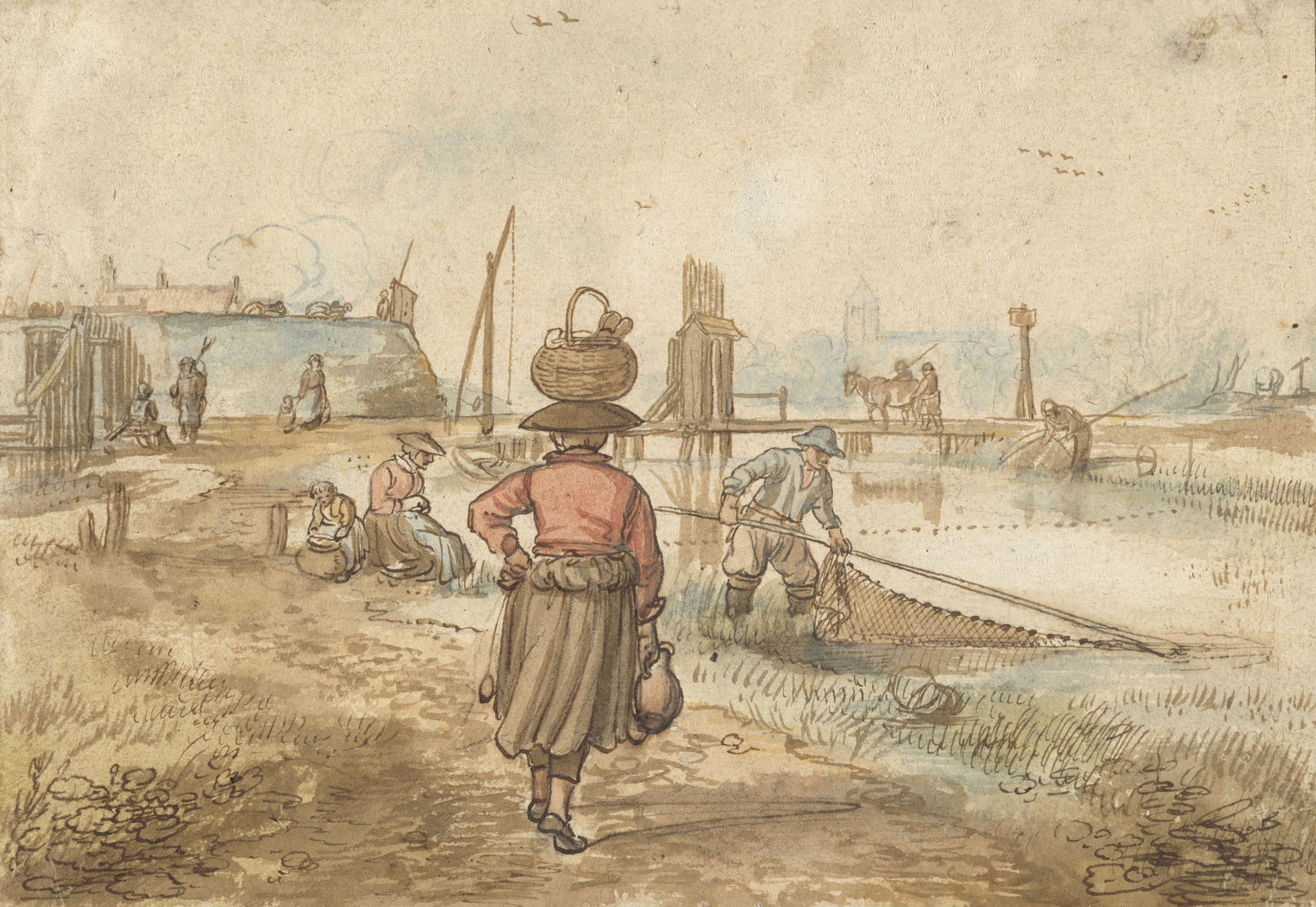Prochains évènements
Prochains séminairesVoir tout
March 18, 2026
12:30 - 13:45
Room R1.09, Campus Jourdan
Erik Hornung
(Universität zu Köln)
March 11, 2026
12:30 - 13:45
Room R1.09, Campus Jourdan
Matteo di Tullio
Histoire économique
February 25, 2026
12:30 - 13:45
Room R1.09, Campus Jourdan
Alexia Blin
(Sorbonne Nouvelle)
Quand les Américains coopéraient. Une histoire des entreprises coopératives dans le Wisconsin (années 1870-années 1930) (à paraître, PU Rennes)
Summary
L’histoire des États-Unis ne se résume pas à celle des grandes entreprises capitalistes. Entre les années 1870 et la décennie 1930, le pays connaît un véritable « moment coopératif ». De la Guerre Sécession au New Deal, les entreprises coopératives essaiment en Amérique, façonnant la vie quotidienne de communautés entières, et laissant entrevoir un autre mode d’organisation économique et social.
Prochains ateliers et conférencesVoir tout
Pas d'ateliers ou conférences à venir
Working papersVoir tout


